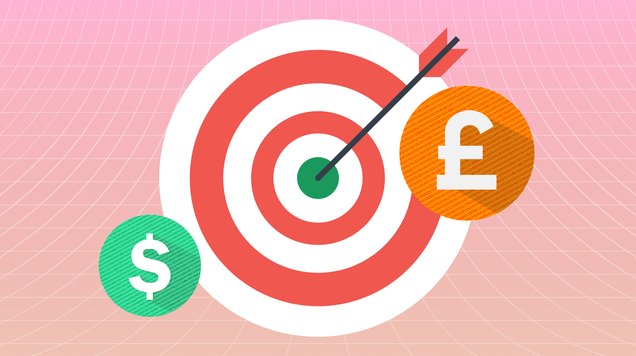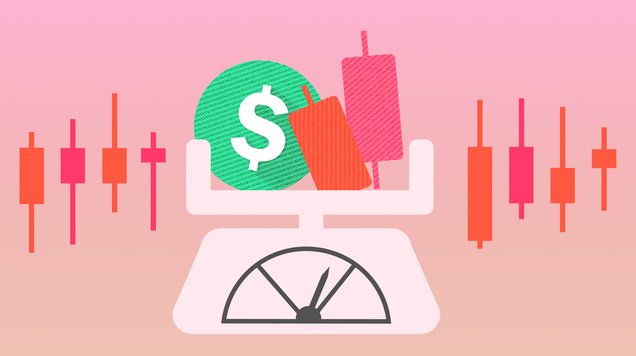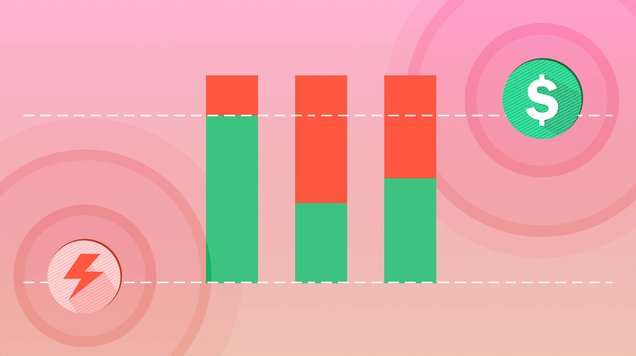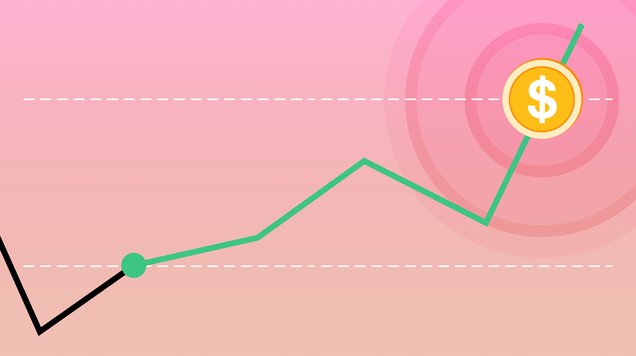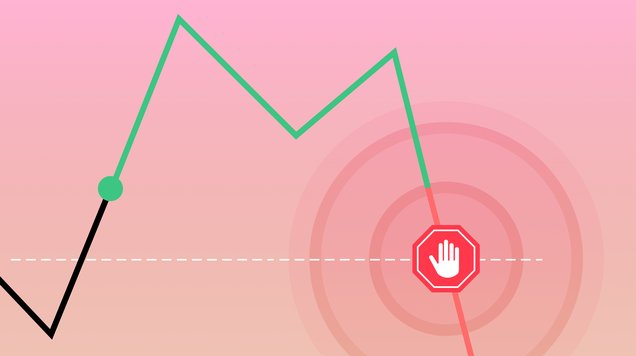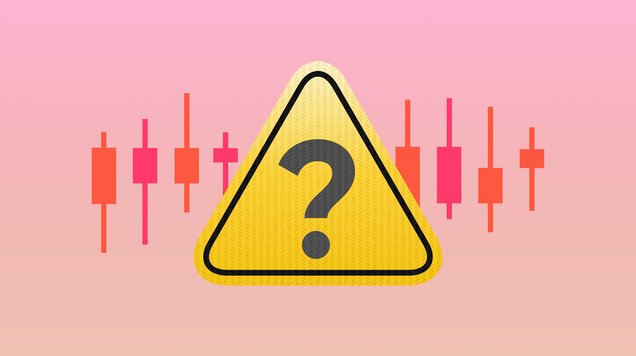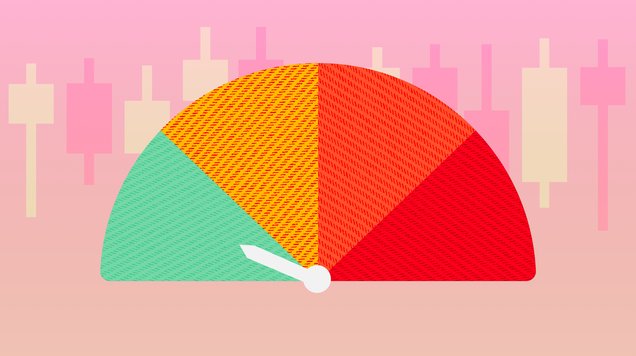Common mistakes to avoid in trading
It’s important for traders to understand and prepare for risks that may affect their trades. Here are some common pitfalls to avoid.

For new traders, it’s crucial to set clear goals and create a detailed trading plan before starting to chase opportunities in financial markets
Lack of analysis, using too much leverage and unrealistic expectations are some of the common mistakes
Psychological biases and emotions may impact your ability to trade rationally, potentially leading to reckless decisions and loss of funds
Market analysis, risk management strategies and reviewing your past trades, both successful and unsuccessful, help you to protect your trades and your capital
Online trading offers a possibility of financial freedom through skilful navigation of the markets. However, even the most skilled traders can fall victim to common pitfalls.
In this article, we’ll explore some of these typical mistakes so you can prepare for them in your trading journey and offer some tools and strategies to protect your capital while navigating in the financial markets.
Lack of goals and unrealistic expectations
It’s hard to imagine going on holiday without knowing the destination. In the same way, having no idea about the reason you want to begin trading can negatively impact the decisions you make whilst trading.
Your risk management, profit targets and risk-reward ratios need to be based on what is appropriate given your goals. A trader that is looking to top up a full-time income will have a different appetite for risk than someone who wants to make trading their full-time job.
Dependent on whether you want to trade to help save for a holiday or a home, the strategy and game plan you use should be aligned with the intended outcome. The desire to ‘just make money’ isn't enough and can result in a gambling spirit; define your goals and use them as the basis for your trading plan.
Developing and perfecting your trading skills and strategies will take some time. Big profits rarely come from first trades, and sometimes you’ll have to wait for exciting opportunities and profits.
It’s important to have realistic expectations when you start your trading journey and not try to chase big profits with trades that include too much risk and expose you to big losses.
Trading without a plan
Now that the destination has been set, which route will you take? Jumping into trades without a clear plan is like going on a trip without a map. You might have the best tools at your disposal but without a coherent strategy, these tools are meaningless.
Market analysis is crucial for traders of all levels, and it should be a core part of your trading plan. Market analysis means collecting and analysing data to understand how the markets behave and predict how they will behave in the future. Neglecting market analysis will lead to uninformed decisions and could increase the risk of unsuccessful trades.
An advanced trader will pull information from many sources, but beginners may find that concentrating on technical analysis is easier to start with. Try to learn what works best for you and build on the depth of knowledge you have in using it for trade ideas.
There are a variety of financial assets and products you have access on online trading platforms, so you need to choose which ones to trade. Allocating your funds to specific assets narrows down the amount of research you must commit to and provides focus for your trading plan. The assets you can choose from include, for example, shares, commodities, forex pairs, indices, and ETFs. Focusing to one or two assets will help you understand the market better and make informed trades.
Your risk management strategy is something very much related to your target and it should be included in your trading plan. Using basic stop loss and take profit orders are helpful to most traders, but you should also consider other to strategies and tools to form a comprehensive trading plan.
Letting emotions control your trades
Emotions can impact the trading decisions of an individual trader but also influence the sentiment of whole markets and trends. This is usually called behavioural economics or behavioural finance, which explore how emotions and biases influence investment activity and behaviour.
Here are some examples of how emotions can impact your trading decisions.
You may find that a negative experience trading a product disproportionately impacts your view of trading that asset forever. This may be a combination of anchoring bias and loss aversion. One experience forms the basis for all future habits and preferences - this can work against you, especially when a presentable opportunity arises to trade that product.
Research shows the feeling of loss has a much greater emotional impact on behaviour than winning does. So even in the instance of losing $20, and gaining $20, the loss is somehow more salient than the win. This bias can have important consequences for a game plan of cutting loses to go for emergent wins.
It’s also important to remember not to chase a trade. Whether through ego, pride, or an overly inflated level of confidence, chasing after losses by overtrading will almost certainly be against your plan and is ultimately unsustainable.
Using too much leverage
Finally, a big factor in your risk management is how you use leverage. Leverage means that your broker borrows you a part of the deposit, so you’ll be able to access bigger positions in the market.
Controlling larger position sizes allows potentially bigger profits, and it provides greater access to many more assets. However, you must consider the exposure this creates, and the potential losses incurred for a trade gone wrong.
In the early stages of your trading journey, try to keep your leverage ratio low, and as confidence and experience builds, higher leverage can come into play.
How to protect your trades from the pitfalls
Both beginners and experienced traders should be aware of the common risks in trading, but there are tools to help you protect your trades and reduce the risk of losing your capital.
Using risk management tools and strategies is one of the most important things traders can do to limit risk. Tools like stop loss orders and strategies like hedging, position sizing and diversification help to reduce the overall risk level of your portfolio.
Discipline is the foundation of trading success. Clear-headed traders will not only build a well-constructed trading plan but stick to the self-set rules within it. Even the most compelling strategies can fail if you're unable to adhere to them, especially under the strain of market volatility.
As your journey reaches new highs and lows, it’s important to learn from your mistakes. Reviewing your trades and investigating how closely they stuck to your plan, will provide important insights for the next trip. You can keep a journal of your trades and trading platforms like MetaTrader 4 and MetaTrader 5 also keep track of your trading history.
